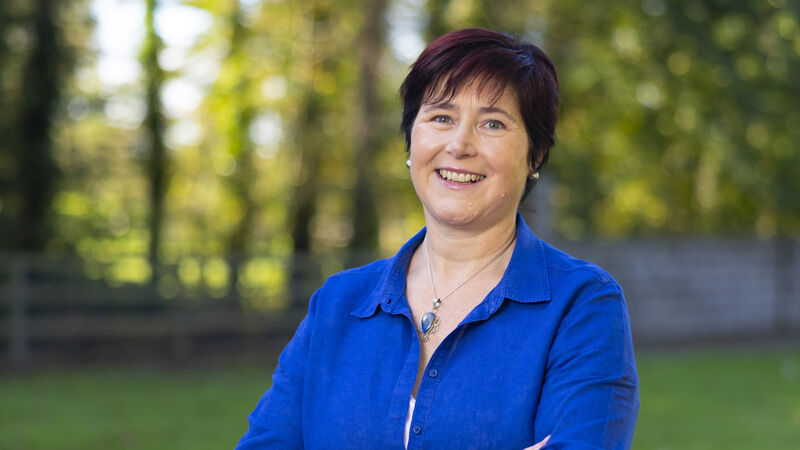‘It’s not all doom and gloom’: End-of-life doulas support people near death

End-of life doula Sinéad Ryan tells of one instance of a woman near death who wanted to confide in her: 'She wanted to express how she felt to somebody who wasn’t connected to the situation'. Picture: Patrick Browne
It was a Zoom call Sinéad Ryan will never forget. At 92 years old, one of her most beloved clients wasn’t ready to die, and used the online chat with Sinéad to confide her darkest secrets.
Even for an end-of-life doula, with a background in nursing, the conversation was extraordinary and also deeply moving.














